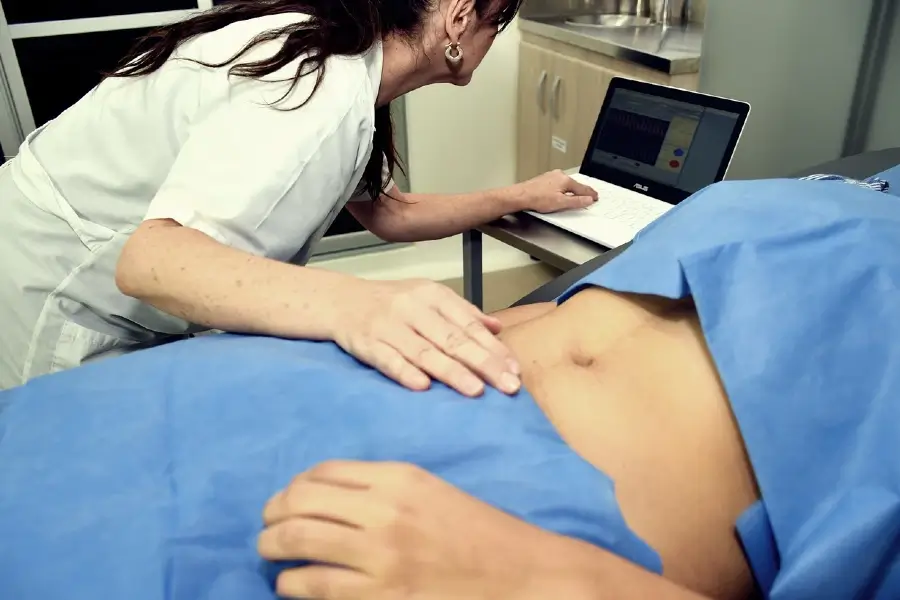The medical technique known as a stool transplant, sometimes called fecal microbiota transplantation (FMT), involves transferring healthy gut bacteria from a donor to a recipient. Through this transplant, the recipient’s gut microbiome is restored to equilibrium, which may be beneficial in addressing various health issues.
An explanation of FMT is as follows:
The Way That It Operates:
- A healthy donor thoroughly screened and examined is the subject of a stool collection by a medical practitioner.
- Treating the feces sample to eliminate undesirable components and concentrate the beneficial bacteria is necessary.
- After the processing, the material is introduced into the recipient’s intestines using various techniques, including colonoscopy, enema, and a nasogastric tube.
- The beneficial bacteria from the donor populate the gut of the recipient, which has the potential to improve the microbiome of the gut as a whole and offer treatment for certain illnesses.
Patients Who FMT May treat:
The most prevalent application of FMT: is for treating recurrent Clostridium difficile (C. diff) infections. This treatment has a high success rate in curing chronic C. diff infections that do not respond to antibiotics.
Other Possible Advantages: Although research is still being conducted, fecal (FMT) may show promise in treating different ailments, such as irritable bowel syndrome (IBS), inflammatory bowel disease (IBD), and perhaps some neurological issues.
Considerations of Vital Importance:
While there is some evidence that FMT helps treat C. diff, there is currently a lack of evidence on its use for treating other illnesses.
Among the potential adverse effects: FMT include bloating, cramps, and transient diarrhea. Other potential adverse effects include cramping and cramping.
Screening and Regulation: FMT is a medical technique that requires diligent screening of donors and adherence to appropriate guidelines to reduce the potential for adverse effects. It is possible that FMT will not be a lasting solution for all illnesses despite its primary objective of restoring gut health.
For Whom Should FMT Be Considered:
Individuals who have contracted C. diff infections on multiple occasions but have not responded to antibiotic treatment.
People with other potential diseases where research suggests FMT might be beneficial, but only under the advice of a healthcare practitioner knowledgeable with the therapy.
If you consult a physician:
Discussing FMT with a physician is essential because FMT is a medical process. They can evaluate your specific circumstances, establish whether or not FMT is appropriate for you, and guide you throughout the process.
